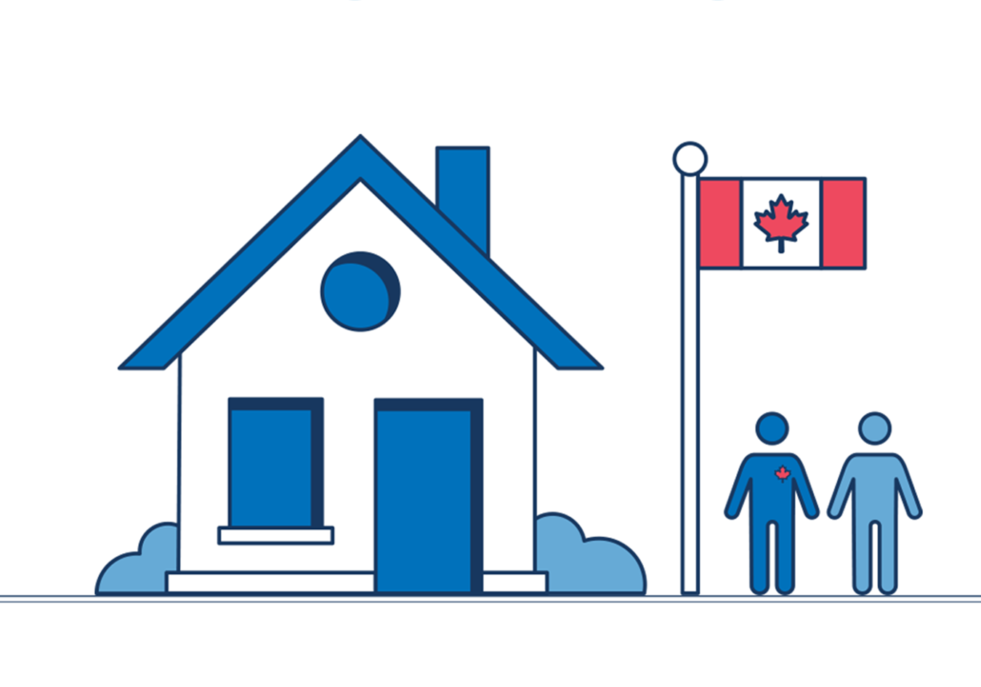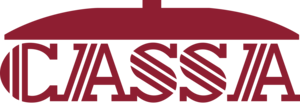Written by: Yomna Omar
War, conflict, climate change, among other factors have been resulting in massive unprecedented displacement leaving behind millions of displaced and refugee persons. This has been witnessed all around the world, whether around the Middle East, Asia, Central America or South America.
 Refugees arriving in Canada come with the hope of a brighter future; a safer, more inclusive world, where they are to be accepted and supported. They come bearing the hope of a better life for their children, their families and themselves. Unfortunately, most are still met with hurdles and barriers they must overcome as soon as they arrive in Canada. They are not able to fully integrate into Canadian society, and face layers of barriers when it comes to participating in Canada’s economical, cultural, educational, political and social spheres.
Refugees arriving in Canada come with the hope of a brighter future; a safer, more inclusive world, where they are to be accepted and supported. They come bearing the hope of a better life for their children, their families and themselves. Unfortunately, most are still met with hurdles and barriers they must overcome as soon as they arrive in Canada. They are not able to fully integrate into Canadian society, and face layers of barriers when it comes to participating in Canada’s economical, cultural, educational, political and social spheres.
The barriers and challenges refugees face arise from different spheres; societal, economical, and cultural. There’s language, which acts as a recurring and constant barrier impeding the integration of refugees into Canadian society. For non-English and non-French speakers, alienation could happen almost instantly. While some refugees may be accomplished and distinguished in various fields in their home countries, many are unable to utilize any of their certifications due to the barrier of Canadian accreditation system and concept of Canadian experience. This makes entry into the labour market for decent work inaccessible. Moreover, not knowing what their rights are, what they are entitled to and what they are responsible for prior to reaching Canadian soil creates spaces for exploitation and abuse. Refugee women are usually impacted the most. You can be certain that cultural, faith-based and racial discrimination also rear their ugly heads which leads to many mental health and other challenges.
 Due to a lack of available, timely, culturally sensitive and language appropriate support and information available to refugees, many are left to bear the brunt of navigating a new life, compounded with dealing with systems that are often designed to disadvantage certain groups over others.
Due to a lack of available, timely, culturally sensitive and language appropriate support and information available to refugees, many are left to bear the brunt of navigating a new life, compounded with dealing with systems that are often designed to disadvantage certain groups over others.
CASSA strives to promote social justice, and in that vein, we have researched and developed two legal education toolkits, one for refugee youth and another for refugee women. It is CASSA’s ultimate goal to give back the agency and autonomy to refugee youth and women and enable them to be primary level participants in the decision making processes relating to their everyday lives. Additionally, to overcome the barrier of language, the toolkits have been translated into 4 different languages (Arabic, English, Tamil, and Urdu), and infographics for the refugee women’s toolkit have been translated into 8 different languages (Arabic, Bangla, English, Farsi, Punjabi, Spanish, Tamil, and Urdu). To access CASSA’s toolkits and understand more about CASSA’s current projects, visit CASSA’s website at http://cassa.on.ca/
References
Ghahari, S., Lui, J., Nagra, S. et al. (2020). The Life Experiences of Refugees in Canada: A Comprehensive Scoping Review to Identify Unmet Needs and Barriers. Int. Migration & Integration 21, 1249–1261. https://doi.org/10.1007/s12134-019-00727-3
Refugees are good for Canada. (2019). https://www.unhcr.ca/news/refugees-good-canada/
Rodriguez, M. (2017). Art becomes therapeutic for refugees. http://www.warscapes.com/art/art-becomes-therapeutic-refugees

